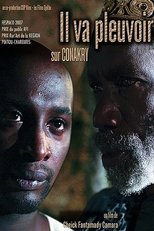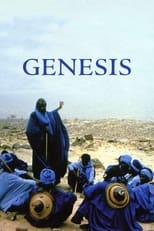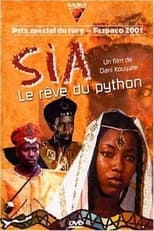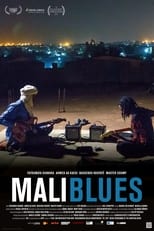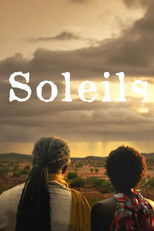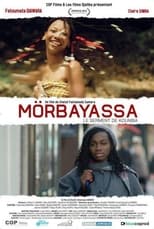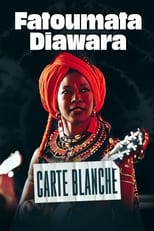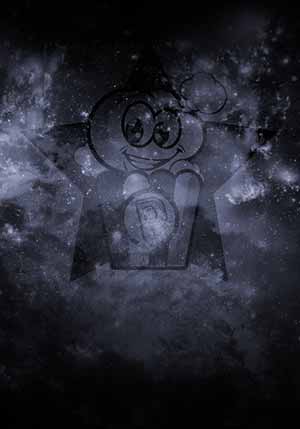Fatoumata Diawara
¿Quién es Fatoumata Diawara?
It was then that she was noticed by Cheick Tidiane Seck. She participated in the recording of Dee Dee Bridgewater's album. During this same period, she met Oumou Sangaré who asked her to record her album Seya. Fatoumata Diawara then decides to embark on the adventure of music and begins to work on her own repertoire. She also continues her experiences in the cinema, playing in particular in the film It's going to rain on Conakry by the Guinean director Cheick Fantamady Camara, where she plays the role of a young singer. In 2007, she played the role of Karaba in the musical Kirikou and Karaba, taken from the cartoon Kirikou and the witch by Michel Ocelot. At the same time, she is working on the disc of the musical. Cheick Tidiane Seck then offers him to record on his own Sabaly album. She has the opportunity to sing with Herbie Hancock (The Imagine project, Grammy Award in 20114) or Hank Jones. At the same time, she recorded on various discs.
She is committed against excision in her region of origin in Mali. In 2012, she managed the production of a music video against the occupation of the north of the country by jihadists, which led her to play in Timbuktu, a multi-Caesarized film in 2015.
In 2017, Fatoumata Diawara contributed to Matthieu Chedid's Malian project "Lamomali". In 2018, she released her second solo album Fenfo, produced by Matthieu Chedid.
Damon Albarn and Jamie Hewlett invite the Malian singer on a new excerpt from their collaborative series Song Machine in 2020 and feature her in the music video and song Sorry by the group Gorillaz.
In 2022, she plays in an opera by Damon Albarn and Abderrahmane Sissako, entitled Le Vol de Boli and dedicated to the theft of a Malian animist fetish by a French ethnologist and art critic, Michel Leiris, for the Musée de l'Homme . In one of his texts, The Phantom Africa, Michel Leiris expresses his shame at having stolen this fetish. But it remained in France and is now on display at the Musée du Quai Branly.
Trabajos destacados
Géneros más habituales en las películas de Fatoumata Diawara
Géneros más habituales en las series de Fatoumata Diawara
Compañeros de trabajo recientes de Fatoumata Diawara
Las imágenes y retratos de actores y actrices mostrados en este sitio web son obtenidos de la base de datos pública de The Movie Database (TMDb), utilizada bajo los términos y condiciones de dicha plataforma. En caso de que alguna imagen o fotografía sea incorrecta, ofensiva, o pueda infringir derechos de imagen o copyright, puede ser editada o eliminada directamente en TMDb. Esto provocará su eliminación automática en este sitio web. Adicionalmente, si usted desea solicitar la eliminación de una imagen directamente en nuestro sitio web, puede utilizar el formulario de contacto ubicado al pie de la página. Atenderemos su solicitud de manera expedita y tomaremos las medidas necesarias para garantizar el cumplimiento de los derechos aplicables.
The images and portraits of actors and actresses displayed on this website are sourced from the public database The Movie Database (TMDb), used in accordance with its terms and conditions. If any image or photograph is incorrect, offensive, or may infringe image rights or copyright, it can be edited or removed directly on TMDb. This will automatically result in its removal from this website. Additionally, if you wish to request the removal of an image directly from our website, you may use the contact form located at the bottom of the page. We will promptly address your request and take the necessary measures to ensure compliance with applicable rights.



